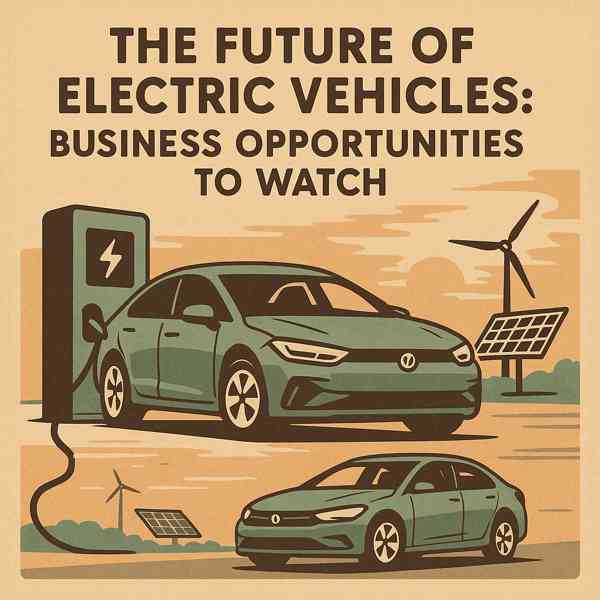Driving Toward a Cleaner Future with EVs
Driving Toward a Cleaner Future with EVs
Blog Article

As the world shifts toward sustainability, electric vehicles offer a cleaner solution to our mobility needs.
As battery technology improves and infrastructure expands, owning an electric vehicle has never been more appealing.
The Basics of Electric Vehicles
Electric vehicles are powered entirely by electric motors, rather than traditional internal combustion engines.
What powers EVs:
- Drives the wheels using electricity
- Usually lithium-ion or solid-state
- Manages energy flow from battery to motor
- Allows the vehicle to recharge from external sources
Electric vehicles come in various types, such as plug-in hybrids (PHEVs)—each with different levels of electrification.
Why Choose an EV?
The rise of electric vehicles is fueled by their clear advantages.
Major benefits include:
- Reduced maintenance needs
- Helps fight climate change
- Less noise and vibration
- Government incentives and tax credits
For eco-conscious and cost-aware drivers, electric vehicles are an increasingly forward-thinking choice.
What to Know Before Buying an EV
Understanding the limitations of electric vehicles will help you make an informed decision.
Common concerns include:
- May require more frequent charging
- Longer trips need planning
- More expensive upfront than comparable gas models
- Replacement can be costly without warranty
As technology advances and infrastructure improves, many of these challenges are becoming more acceptable.
Exploring EV Variants
Not all electric vehicles are the same.
EV website formats explained:
- Fully electric with no gas engine
- Plug-in Hybrid Electric Vehicles (PHEVs)
- Combines electric and gas power but cannot plug in
- Fuel Cell Electric Vehicles (FCEVs)
Each type has its pros and cons, so buyers should choose accordingly.
EV Charging and Infrastructure
There are multiple charging levels and methods depending on your location.
Types of EV charging stations:
- Slow but accessible anywhere
- Level 2 Charging
- Rapid chargers at commercial locations
- Wireless or inductive charging (emerging tech)
As public charging networks expand, EV owners will enjoy even more freedom, flexibility, and convenience.
The Future of Electric Vehicles
As governments push for cleaner energy and manufacturers invest in innovation, the future of EVs looks bright.
Where EVs are going:
- Longer range and safer performance
- Vehicle-to-grid (V2G) integration
- Combining EV tech with self-driving systems
- Making EVs accessible to all drivers
As innovation continues, EVs will become more mainstream and essential.
Final Thoughts on Electric Vehicles
Electric vehicles represent a major shift in how we think about transportation.
From environmental benefits to cutting-edge tech, electric vehicles offer a sustainable alternative to traditional cars.
Report this page